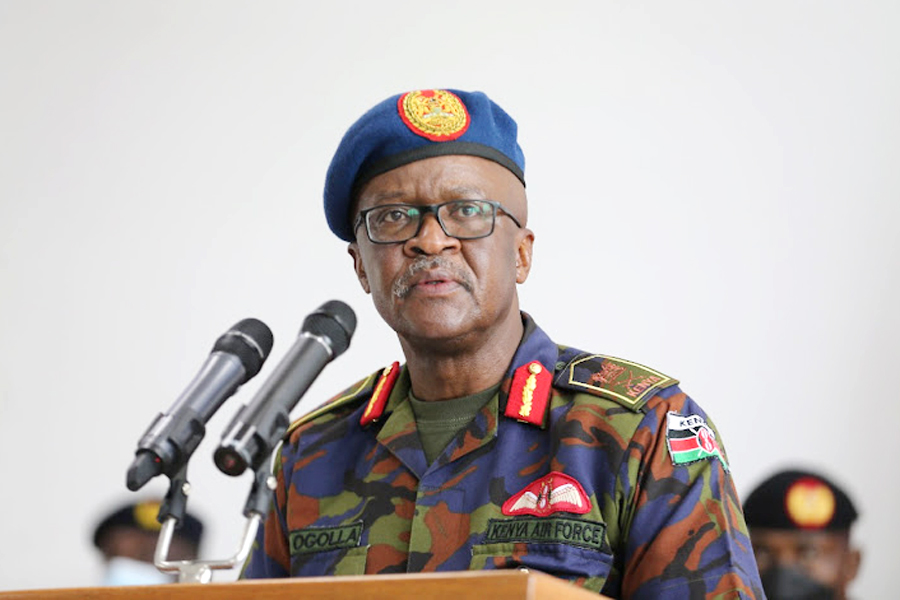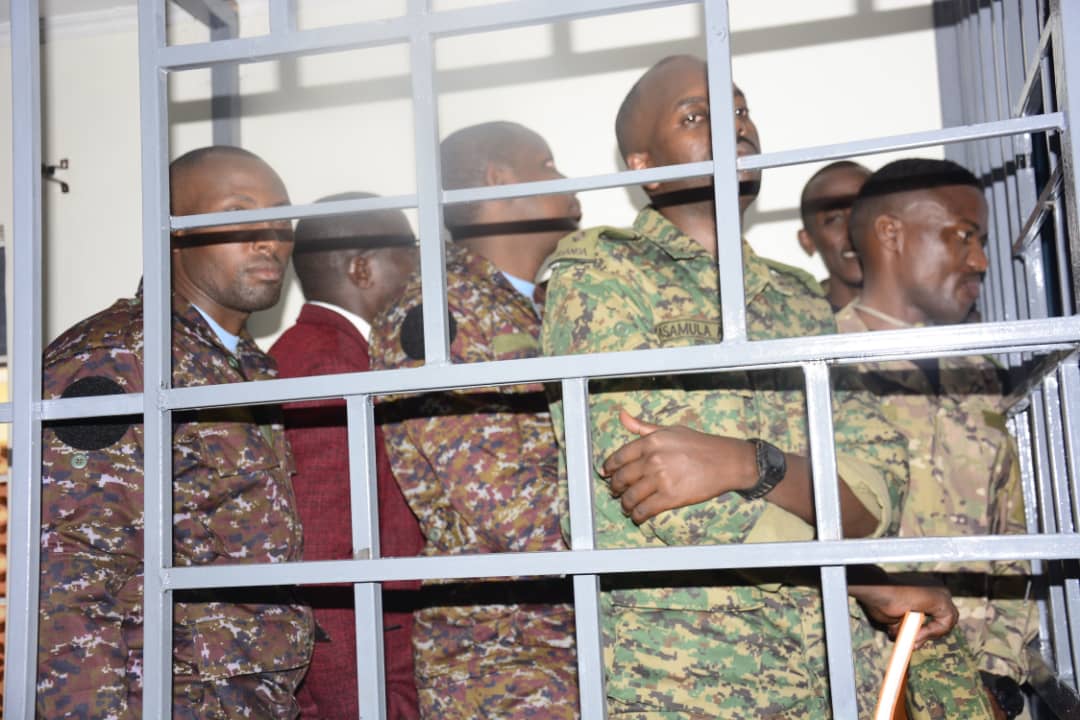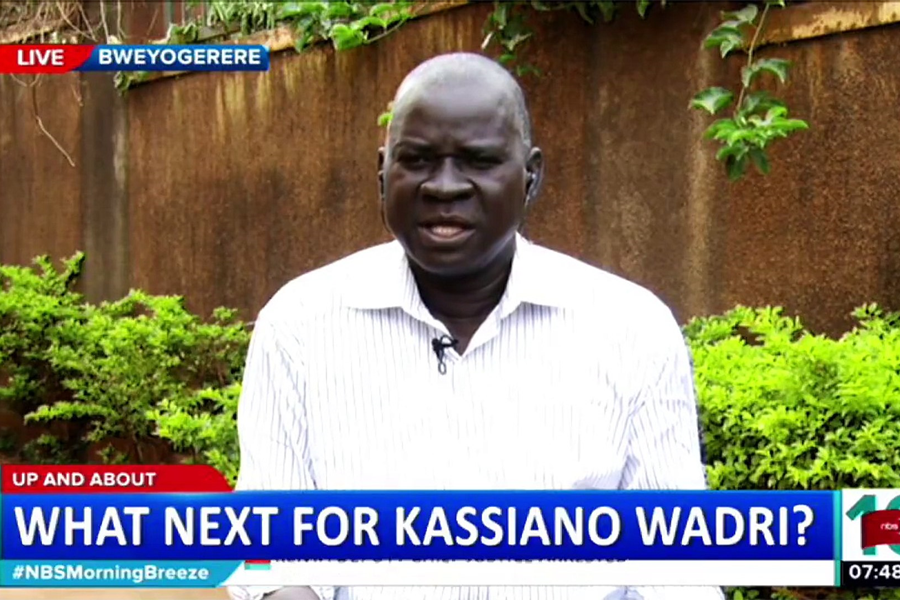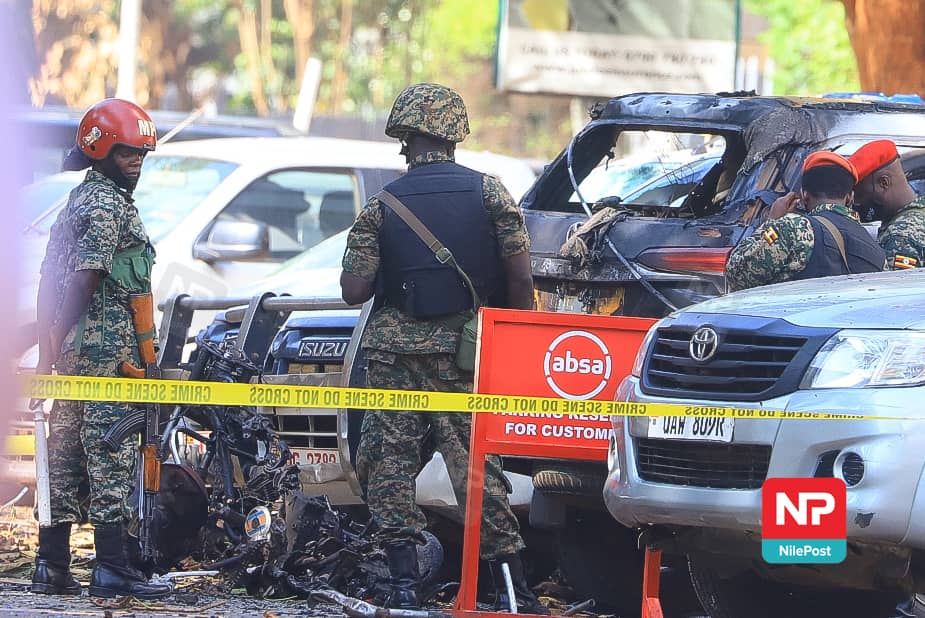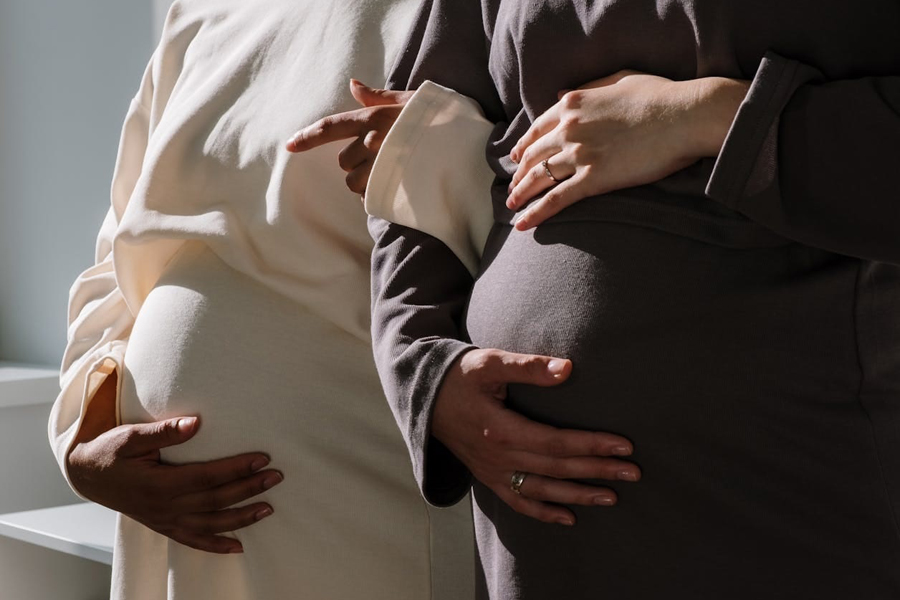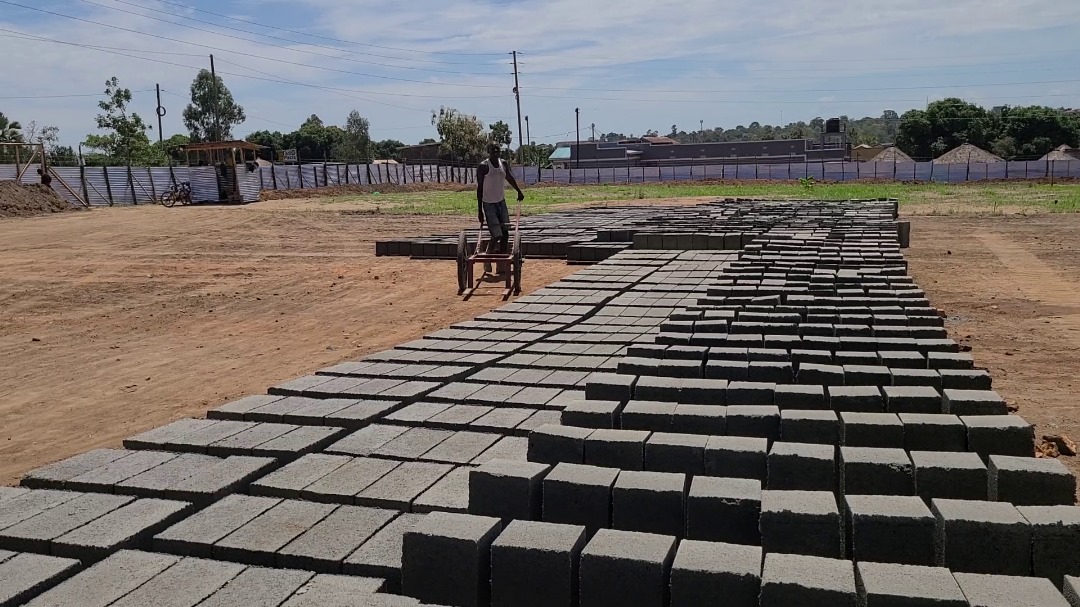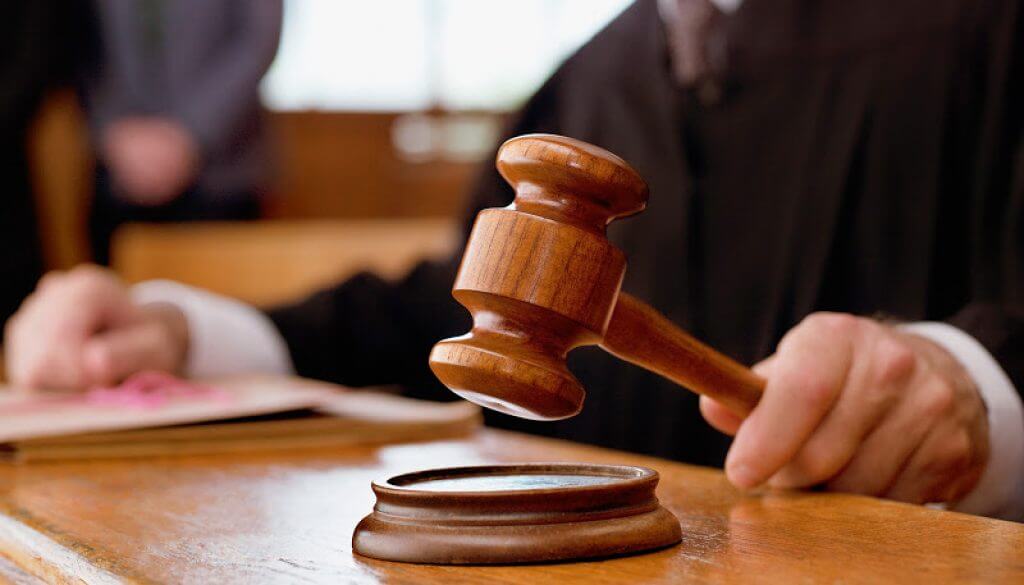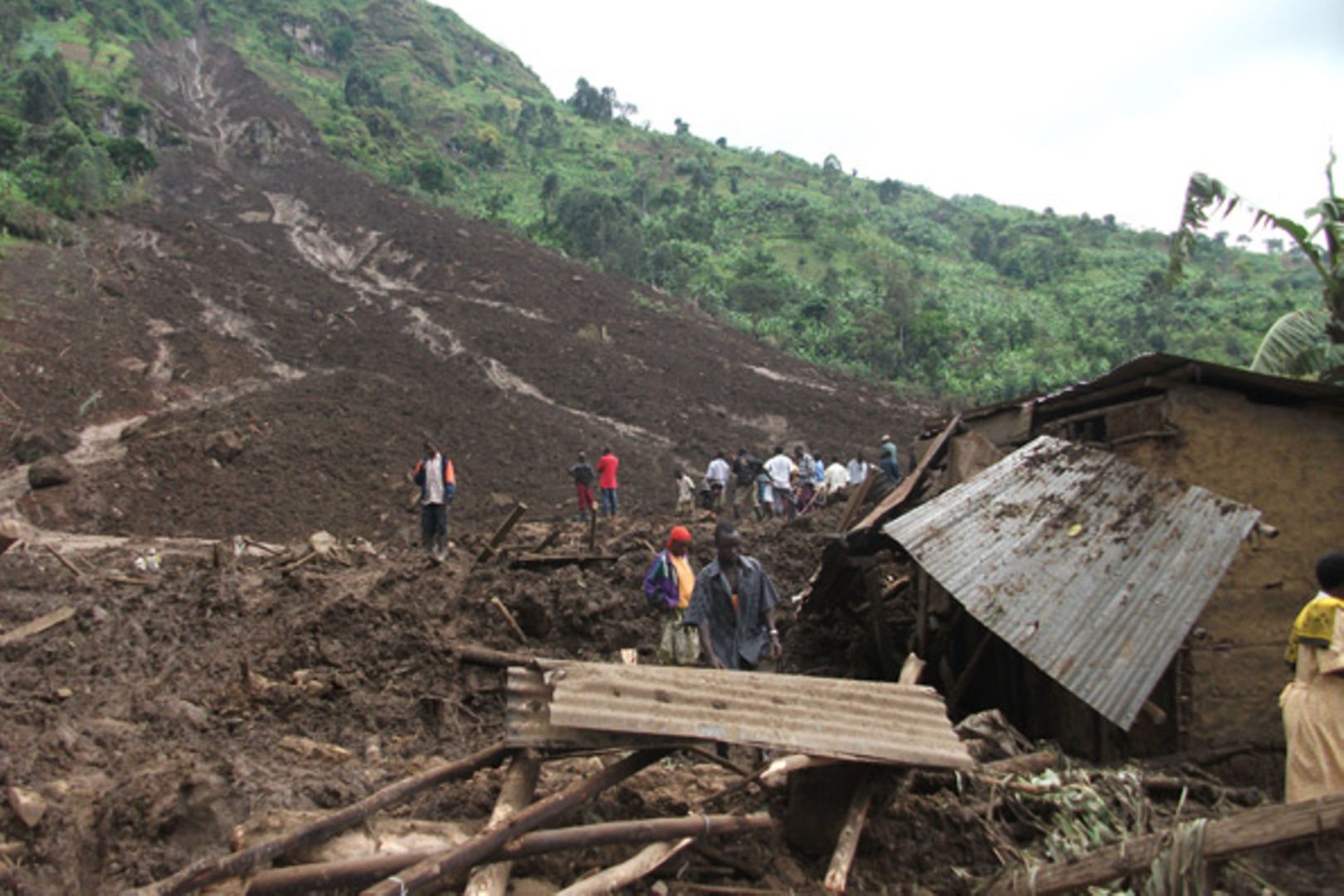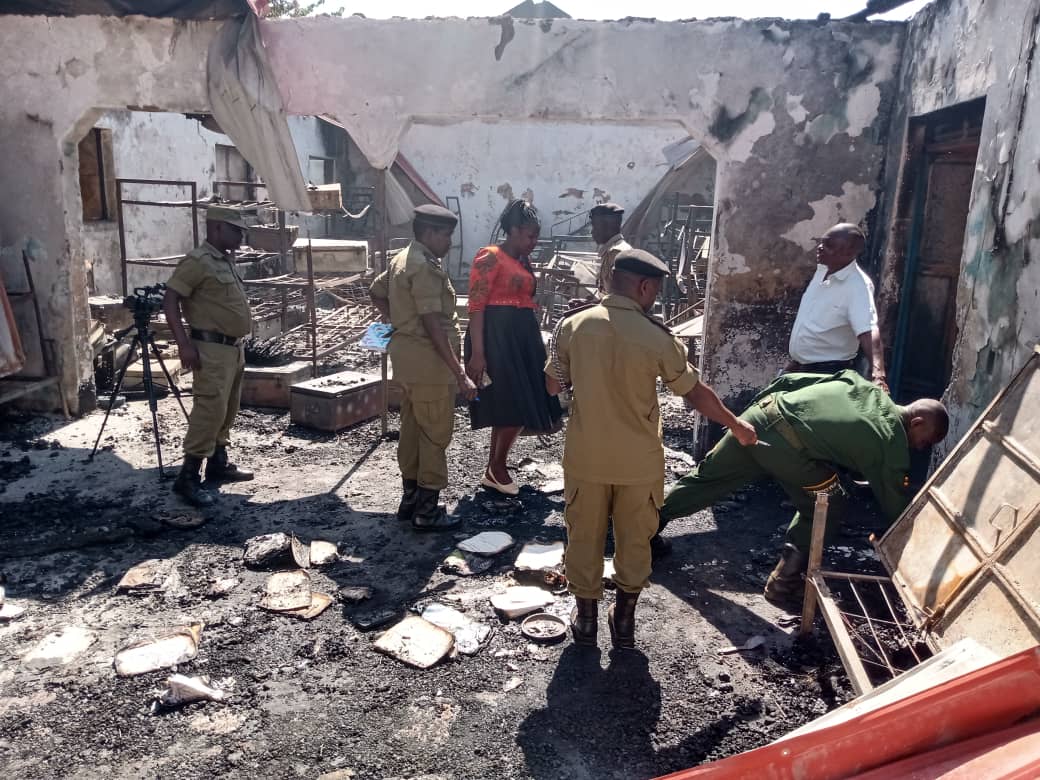Arua chaos dominates Uganda Law Society latest report on rule of law
The Uganda Law Society has condemned in inhuman and cruel manner in which a section of Ugandans were treated mostly by security agencies during the Arua by-election campaigns.
Over 30 people including Members of Parliament Robert Kyagulanyi, Kassiano Wadri, Paul Mwiru and Gerard Karuhanga were arrested after chaos erupted on the last day of the Arua municipality by-elections that allegedly culminated into the stoning of the presidential convoy.
Keep Reading
However, there were ugly scenes as the suspects appeared in court limping whereas others had wounds allegedly resulting out of torture by security agencies during and after the arrests.
In their quarterly report covering the months of July, August and September, Uganda Law Society noted that it was appalling how Ugandan citizens were treated in Arua.
“Of particular note is the alleged torture of 33 Ugandans in Arua municipality and particularly Night Asara, a district councilor for Arua Hill division who for days passed blood in her urine after the torture, Caroline Nalubowa who was kicked repeatedly in the back and many others,” reads in part the report launched on Tuesday at Kampala Serena Hotel.
“In the same incident, Hon.Francis Zaake was reported to have been tortured from an unknown location and later dumped at the gate of Rubaga hospital.”
The report also quotes the Adhoc Committee of Parliament tasked to probe into the circumstances surrounding the Arua chaos and the arrest of the four legislators saying it was wrong for security agencies reportedly led by the Special Forces Command to torture MPs for the alleged stoning of the presidential convoy.
The 33 people arrested in Arua were later charged with treason for allegedly trying to harm the President of Uganda in the Gulu chief magistrate’s court.
They were later released on bail.
In their quarterly report, Uganda Law Society noted that there was a denial of constitutional rights to freedom, due process and fair trial to the 33 suspects when they were detained beyond the mandatory 48 hours.
“For example the parliamentary committee report on torture indicated that the 33 people were not produced in court within 48 hours as required by the Constitution. In addition, other rights including the rights to seeking urgent medical attention, informing their next of keen and access to their lawyers were violated,” the report adds.
Reacting to the report, the Uganda Law Society President, Simon Peter Kinobe said they would soon start private prosecution of people including UPDF soldiers and police officers involved in violation of human rights like it was in Arua.
Army Court
Following his arrest after the chaos in Arua, Kyadondo East MP Kyagulanyi was arraigned before the General Court Martial sitting in Gulu and charged with unlawful possession of arms and ammunition.
However, the army later discontinued the charges before the legislator was referred to the Magistrates court in Gulu and charged afresh with treason.
Section 119 (h) of the UPDF Act 2005 states that every person found in possession of arms, ammunition or equipment ordinarily being the monopoly of the defence forces or other classified stores as prescribed by the law is subject to military law.
In their quarterly report, ULS notes that the jurisdiction of the General Court Martial has been brought into question especially in regards trial of civilians citing Kyaguanyi and boda boda 2010 patron Abdalla Kitatta.
“The General Court Martial has no jurisdiction to try civilians and we are of the view that only the Directorate of Public Prosecutions is mandated to try civilians per article 120(3) of the 1995 constitution.”
The ULS president Kinobe revealed that they would be challenging the trial of civilians by the army court.
Army defends self
Speaking at the function, Brig.Charles Wacha, the Director in charge of Human Rights Affairs in the UPDF defended the army’s trial of MP Kyagulanyi and other civilians as being legally backed by their act.
He cited a judgment delivered in 2012 by justices Stella Amoko Arach Elizabeth Mpagi-Bahigeine and Jotham Tumwesigye that gave a go-ahead to the army court to try civilians.
“Until article 119 is repelled or declared unconstitutional, it will remain in use,”Brig.Wacha said quoting the 2012 judgment.
“The only problem is that many people don’t know how we operate but we are also your fellow Ugandans.”



